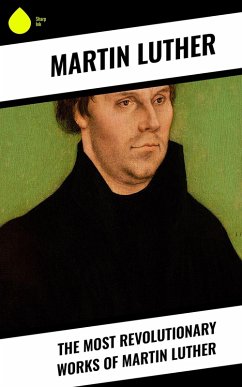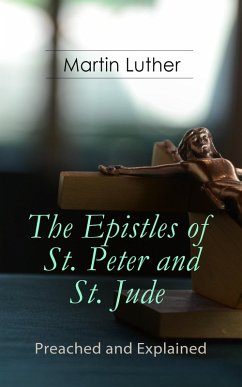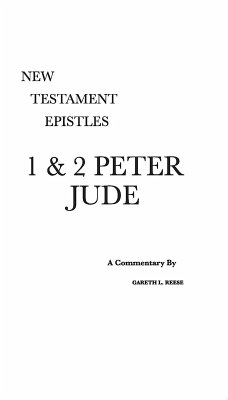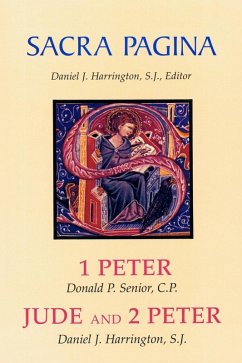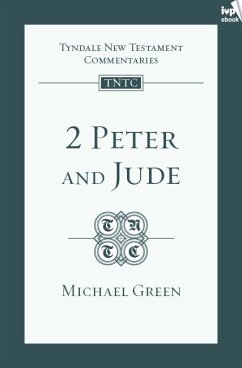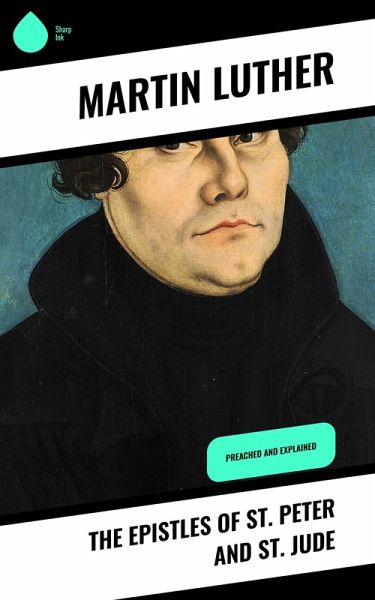
The Epistles of St. Peter and St. Jude (eBook, ePUB)
Preached and Explained
Übersetzer: Gillett, E. H.
Versandkostenfrei!
Sofort per Download lieferbar
2,13 €
inkl. MwSt.
Weitere Ausgaben:

PAYBACK Punkte
0 °P sammeln!
In "The Epistles of St. Peter and St. Jude," Martin Luther offers a profound theological examination of these biblical texts, focusing on themes of faith, perseverance, and the dangers of false teachings. Luther's literary style is marked by his characteristic clarity and fervor, drawing on his deep commitment to Reformation principles. The book exists within the broader context of 16th-century religious change, a time when interpretation of scripture was fiercely contested. Luther's insightful commentary invites readers to seek a personal relationship with scripture while addressing issues of...
In "The Epistles of St. Peter and St. Jude," Martin Luther offers a profound theological examination of these biblical texts, focusing on themes of faith, perseverance, and the dangers of false teachings. Luther's literary style is marked by his characteristic clarity and fervor, drawing on his deep commitment to Reformation principles. The book exists within the broader context of 16th-century religious change, a time when interpretation of scripture was fiercely contested. Luther's insightful commentary invites readers to seek a personal relationship with scripture while addressing issues of heresy and spiritual integrity highlighted in the epistles. Martin Luther (1483-1546), a seminal figure in the Protestant Reformation, dedicated his life to theological inquiry and reforming ecclesiastical practices. His strong conviction in the authority of scripture and justification by faith directly influenced his interpretation of St. Peter and St. Jude's letters. Luther's personal struggles with faith and doctrine, coupled with his pioneering translation of the Bible, shaped his approach to these epistles, aiming to bolster the faith of believers amid the complexities of his era. I highly recommend "The Epistles of St. Peter and St. Jude" for readers seeking a deeper understanding of early Christian teachings and the Reformation's impact on biblical interpretation. Luther's incisive analyses not only illuminate the texts but also resonate with contemporary spiritual challenges, making this work both timely and timeless.
Dieser Download kann aus rechtlichen Gründen nur mit Rechnungsadresse in A, B, BG, CY, CZ, D, DK, EW, E, FIN, F, GR, HR, H, IRL, I, LT, L, LR, M, NL, PL, P, R, S, SLO, SK ausgeliefert werden.





